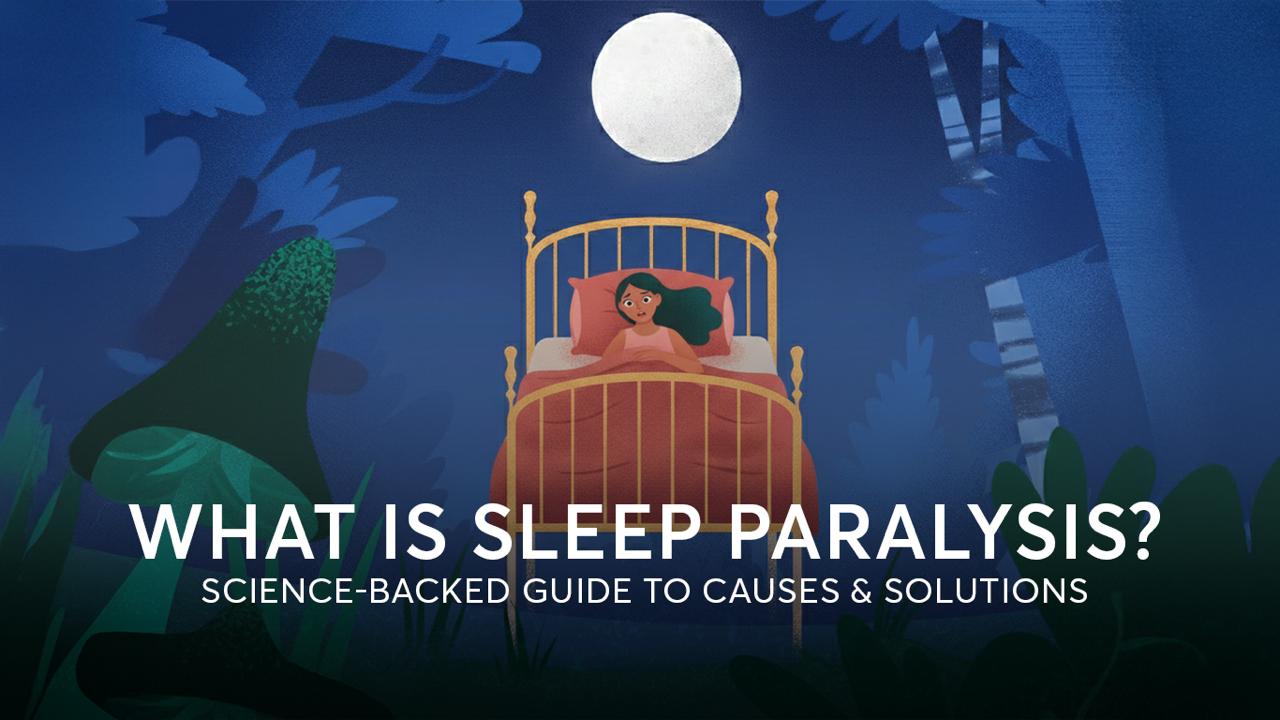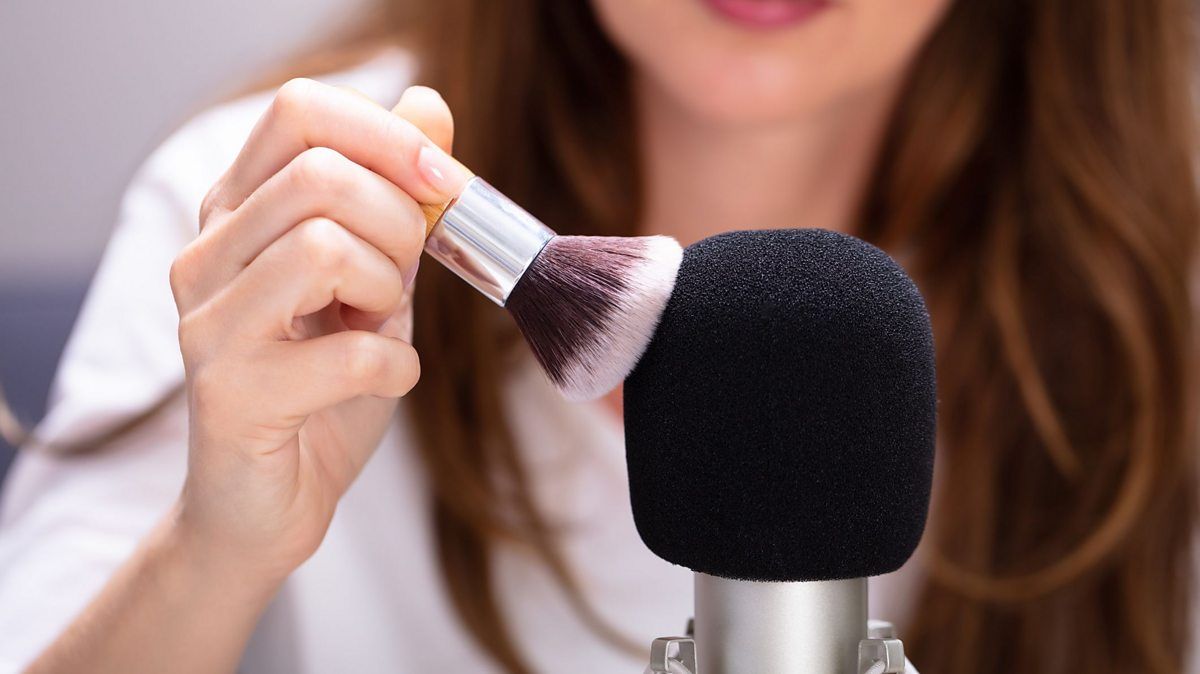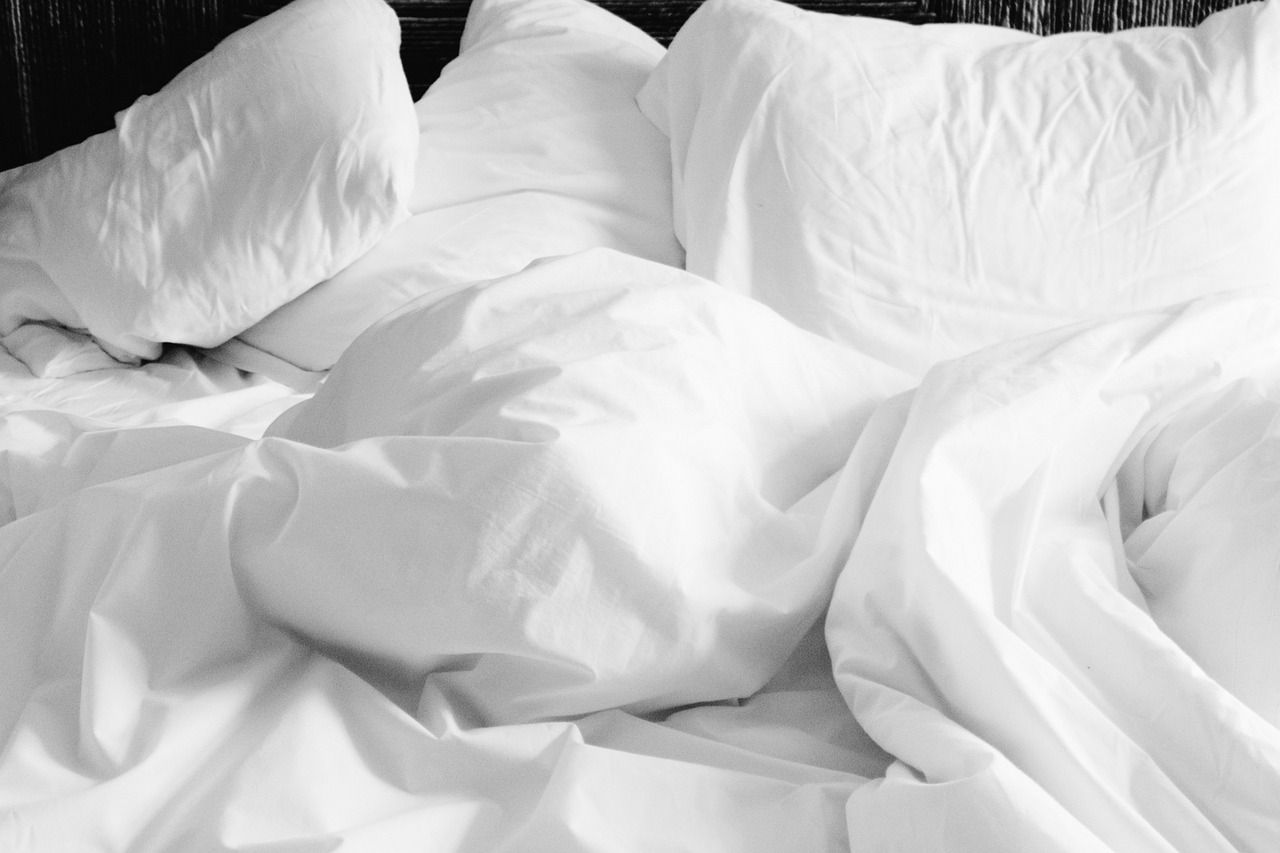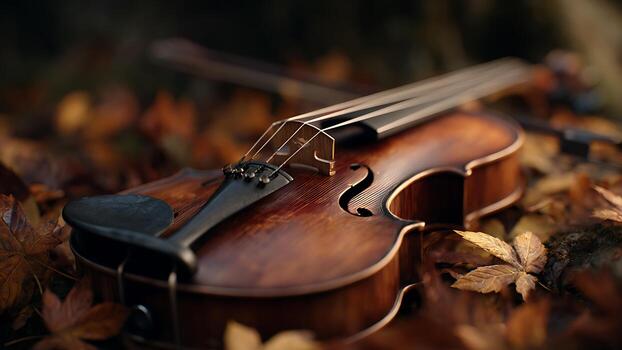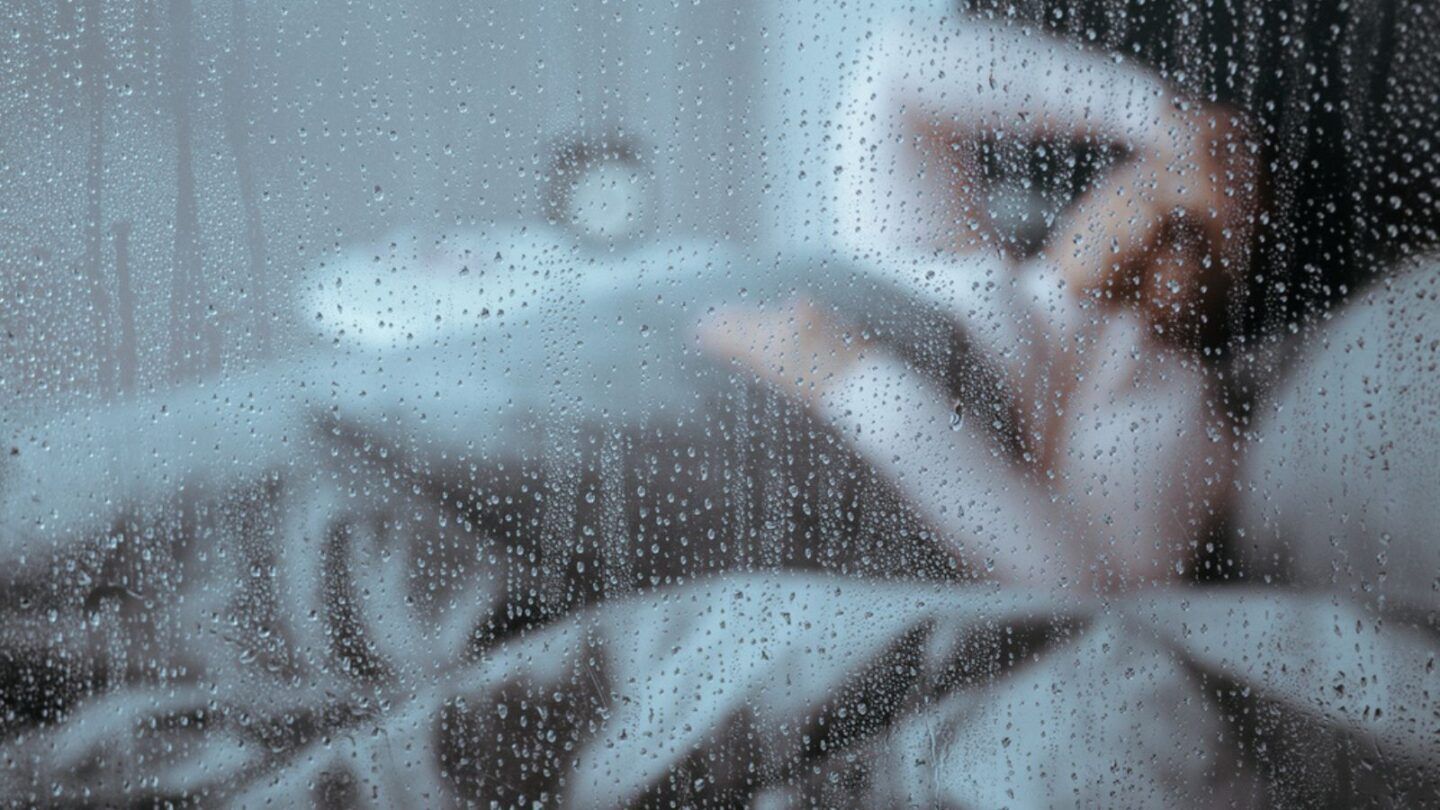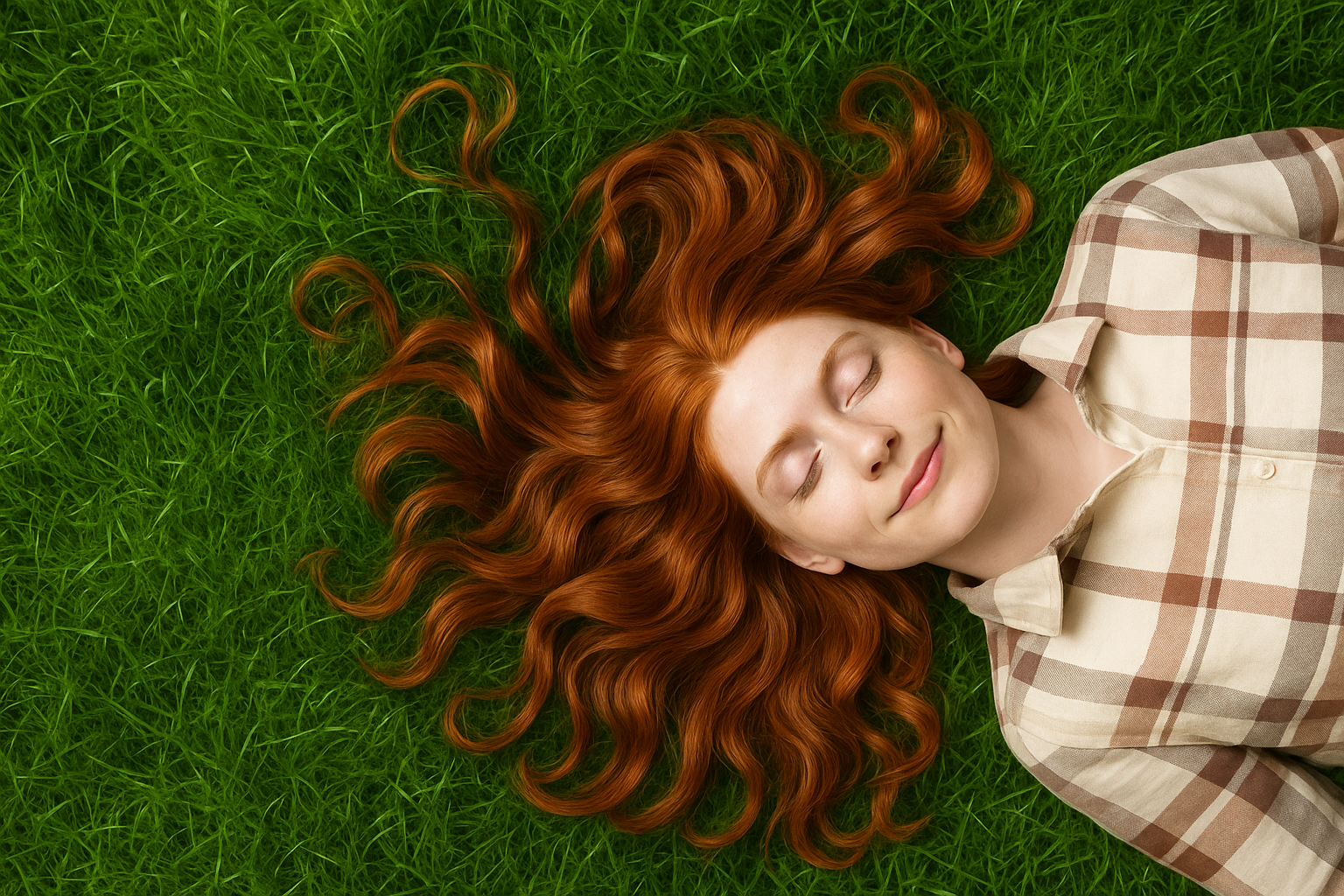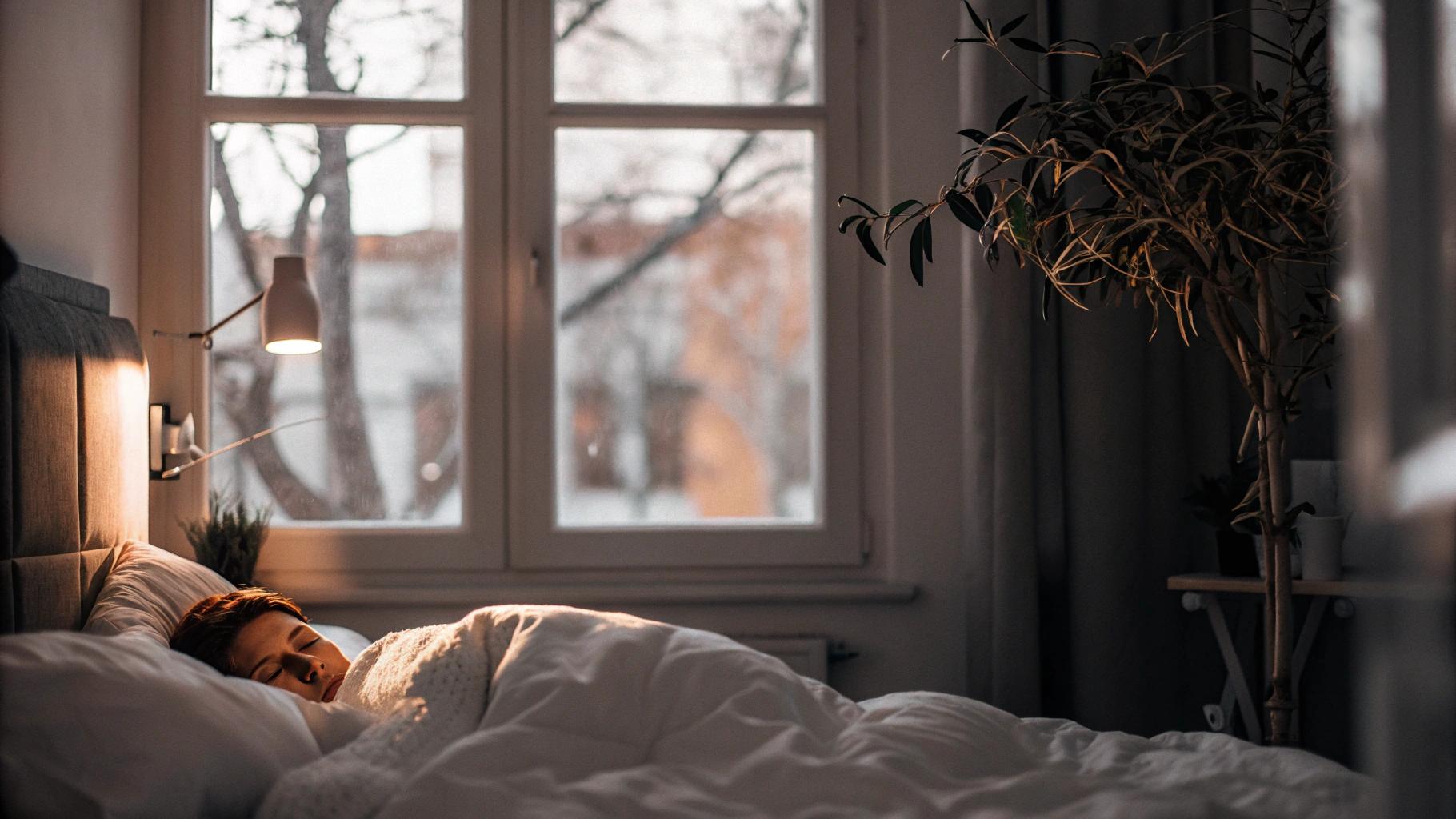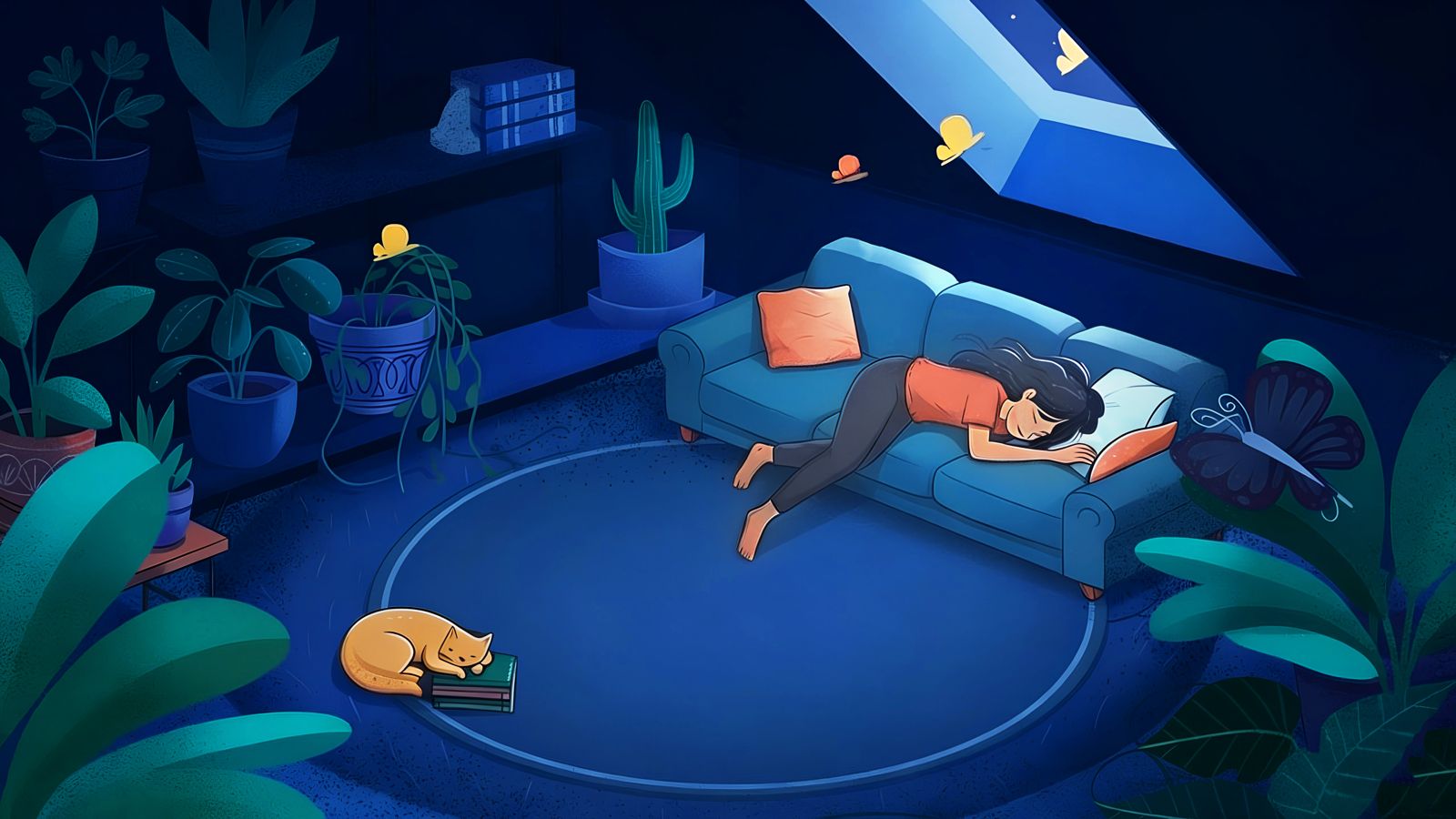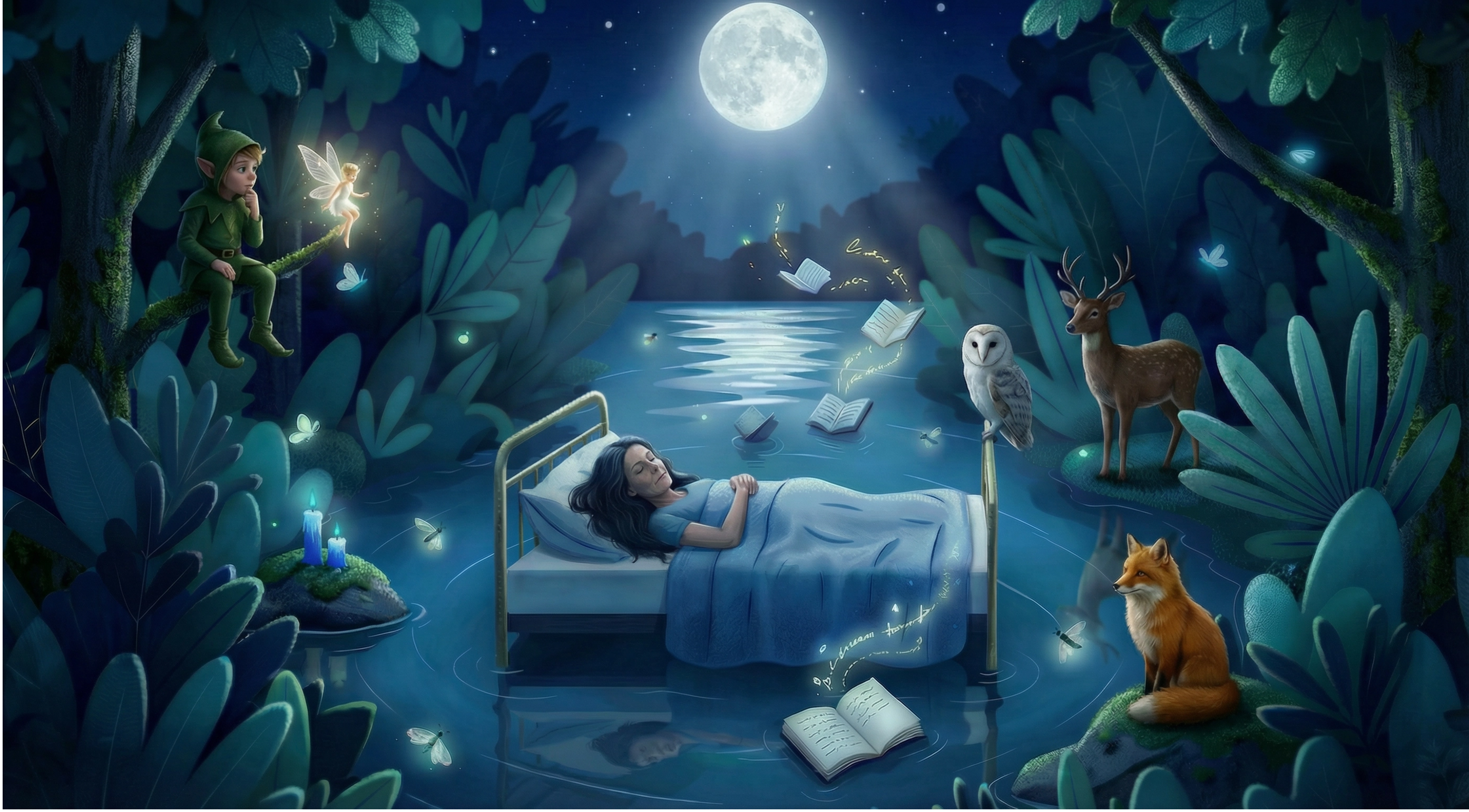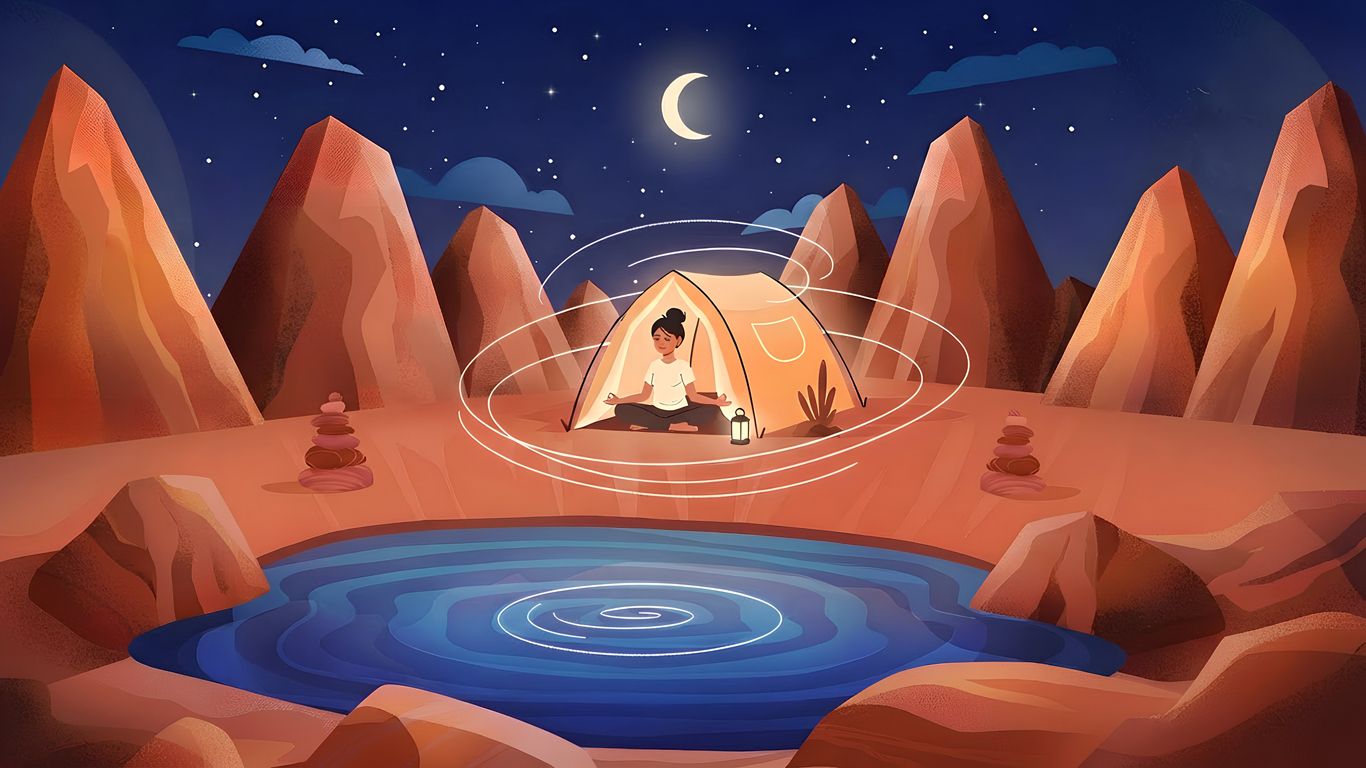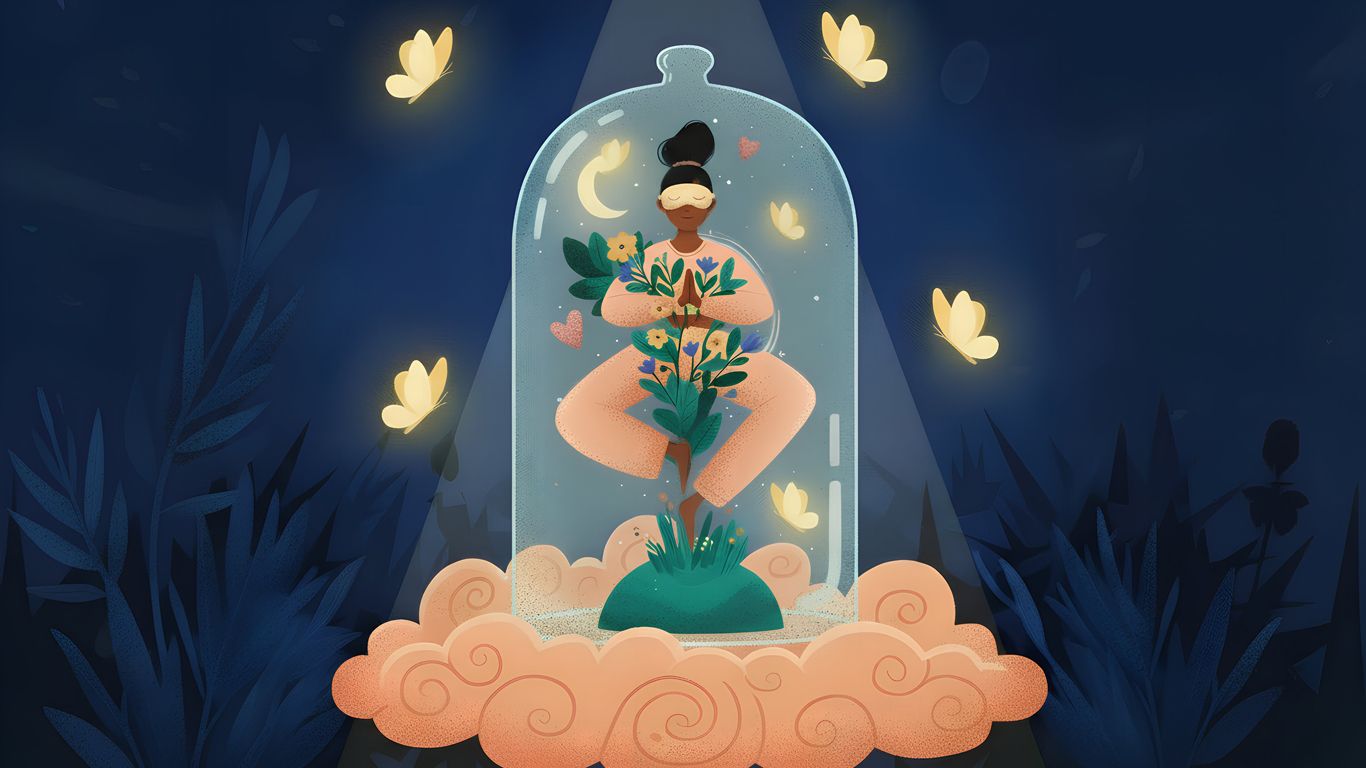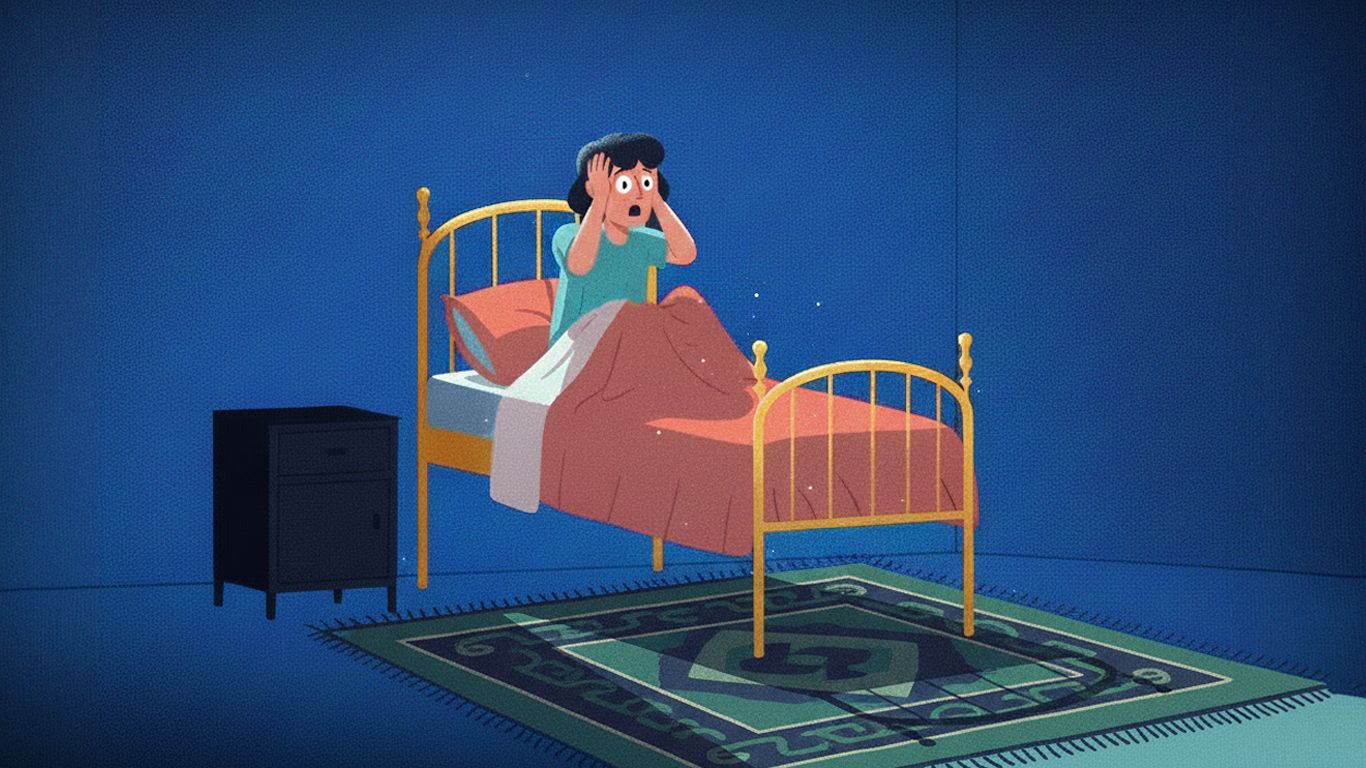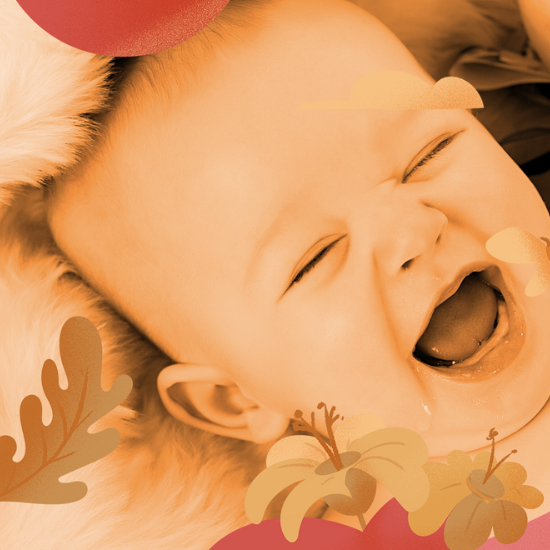
Why babies laugh in their sleep?
It's adorable, we know. But have you ever wondered why babies laugh in their sleep?
Researchers believe laughter during sleep is a sign of a baby's developing social and emotional skills. Laughter during sleep may also be a way for babies to process and practice the emotions they experience during the day.
Whether your little one does it infrequently or on a nightly basis, there's a scientific explanation for why babies laugh in their sleep.
In this article, we'll explore why babies laugh in their sleep and whether or not it's something you should be concerned about. But first, let's back up and explore what happens when babies sleep.
Babies and Sleep Cycles
Babies sleep differently than adults. During the first few months of life, babies sleep in short cycles that alternate between active and quiet periods. You may have noticed your baby's eyes fluttering or arms and legs twitching during these active periods. All of this is normal!
Newborns also sleep a lot - up to 17 hours a day - but they can't yet stay asleep for long periods. Most babies will sleep for only 2-3 hours at a time before they need to eat again.
Newborns also sleep a lot - up to 17 hours a day - but they can't yet stay asleep for long periods. Most babies will sleep for only 2-3 hours at a time before they need to eat again.
This means that, throughout the night, a baby will cycle through different stages of sleep:
NREM (Non-Rapid Eye Movement) Sleep
NREM sleep has several stages, but the first stage is considered light sleep. During this stage, a baby is easily awakened and may even open their eyes for brief periods. The second stage of NREM sleep is a little deeper sleep, but a baby can still be aroused relatively easily.
It's not until the third stage of NREM sleep that a baby is in a deep sleep and more challenging to wake up. In this stage, babies may start to make soft grunting or moaning noises.
NREM sleep makes up 75% of a baby's sleep time.
REM (Rapid Eye Movement) Sleep
After cycling through the different stages of REM sleep, a baby will enter REM sleep. REM is the stage of sleep when dreams occur and babies are most likely to laugh in their sleep.
During REM sleep, a baby's brain activity is similar to an adult's. But unlike adults, who usually have long periods of REM sleep, babies only stay in this stage for about 5-10 minutes at a time. A study conducted among adults showed that nine out of ten patients exhibited sleep laughing during REM sleep. For babies, this may be the same case.
The cycle of NREM and REM sleep usually lasts around 50 minutes. So, if your baby is asleep for 2 hours, they will cycle through this pattern 4 times.
Babies spend more time in active sleep than adults, which makes sense given that they have so much new information to process and learn. During active sleep, babies are more likely to laugh out loud - even in their sleep!
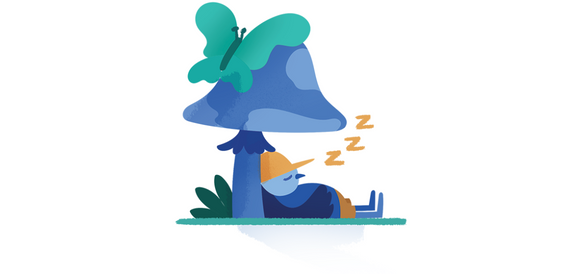

Sleep Laughing and Smiling in Babies
Laughter is a natural human reaction, but it's also a complex one. Laughter is controlled by the limbic system, the part of the brain that regulates emotions. Laughter is also social - it's a way for us to communicate positive emotions and connect with others.
So, what does this explain why babies laugh in their sleep?
Researchers believe laughter during sleep is a sign of a baby's developing social and emotional skills. Laughter during sleep may also be a way for babies to process and practice the emotions they experience during the day.
That said, not all experts agree on the reasons why babies laugh in their sleep. Some believe that laughter during sleep is simply a reflex, like newborns' startle reflex. Others believe it's a sign of a baby's developing sense of humor. What they agree on is that sleep laughing is a relatively common phenomenon.
What if my baby smiles during sleep?
Smiling in sleep is a widespread occurrence in babies. It's believed that smiling during sleep is a sign of contentment and may also be a way for babies to practice the facial muscles needed for smiling.
Below, we've compiled a list of the most common theories behind why babies smile or laugh in their sleep:
Smiling or laughter is a reflex, much like hiccups or sneezing.
When this is behind the laughter, it's usually more of a "giggle" than a full-blown laugh. You will notice your baby's whole body jolt when this happens.
Smile or laughter is a sign that your baby is dreaming.
During active sleep, babies' brains process all the new information they've been taking in during the day. It's not uncommon for them to have strange or scary dreams - which might explain why they sometimes cry in their sleep, too.
The laughter is a response to something they're hearing or seeing.
Laughing is most likely to happen if you or your partner talk in your sleep, make silly faces, or even snore! All of these things can trigger a baby's laughter.
It's a way for the body to release built-up energy or tension.
Babies are constantly growing and changing, which can lead to physical tension in their bodies. Laughter is one way for this tension to be released.
It's part of their physical development.
As babies grow and develop, they start to gain control over their bodies and their emotions. Laughter is one way that they can practice and perfect this control.
Your baby is trying to communicate something.
This is most likely to happen if your baby tries to wake you up or signal that they're hungry. Maybe they've just passed gas, and they're proud of themselves!
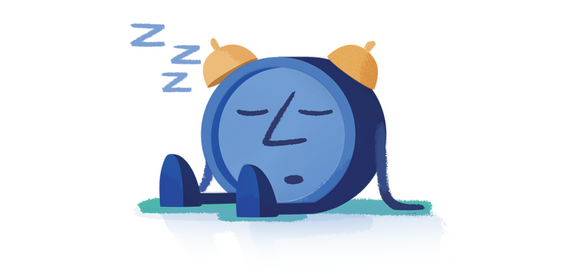

When Sleep Laughing is a Cause for Concern
In most cases, sleep-laughing is nothing to worry about. It's a normal part of your baby's development, and it doesn't usually indicate any underlying health problems.
However, there are a few exceptions when sleep laughing can be a cause for concern:
Nightmares or Night Terrors
If your baby is also crying in their sleep, it could be a sign that they're experiencing nightmares or night terrors. These are usually more common in older children, but they can occasionally happen in babies, too.
If you think your baby is having a nightmare or night terror, try to comfort them and help them back to sleep. If the nightmares or night terrors are frequently happening, or if they seem to be disturbing your baby's sleep, talk to your pediatrician.
Sleep Apnea
Sleep Apnea is a condition where a person's breathing is interrupted during sleep. It can happen to people of any age, but it's more common in adults. If your baby has sleep apnea, they may make choking or gasping noises when they laugh in their sleep. Anytime during infancy, please contact your baby's pediatrician if they have trouble breathing during sleep.
Lack of Sleep
If your baby isn't getting enough sleep, it can lead to a whole host of problems - including irritability, poor feeding, and weight gain. Laughing in their sleep may just be your baby's way of trying to cope with exhaustion.
If you think your baby isn't getting enough sleep, talk to your pediatrician. They can help you develop a sleep plan that will work for your family.
REM Sleep Behaviour Disorder
REM sleep behaviour disorder is a rare condition can cause people to act out their dreams while they sleep. If your baby has REM sleep behavior disorder, they may look awake and laughing - but they're asleep. This can be dangerous, as your baby may not know their surroundings and could hurt themselves. As such, REM sleep behavior disorder should be treated by a doctor.
Other Sleep Disorders and Neurological Disorders
There are a number of other sleep disorders that can cause laughter during sleep, including sleepwalking and sleep talking. Your baby may also laugh in their sleep if they have a condition like epilepsy or Tourette's syndrome.
Neurological disorders affecting the part of the brain that controls emotions can also cause laughing during sleep. These disorders are rare, but they're important to be aware of.
For babies, neurodevelopmental disorders like autism spectrum disorder can be behind sleep laughing.
It should be noted that the Central Nervous System is not well developed at this age, so it can be hard to tell if sleep laughing is due to a disorder or not.
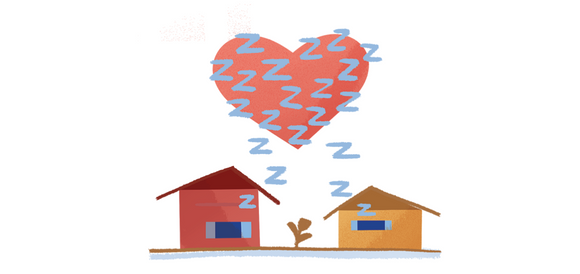

Help Give Your Baby a Good Night's Sleep
While there's no need to worry about sleep laughing in most cases, there are a few things you can do to help your baby get a good night's sleep:
- Make sure they're getting enough daytime sleep. A tired baby is more likely to have trouble sleeping at night. This can lead to all sorts of sleep problems, including the type of sleep-laughing that we do not want.
- Create a bedtime routine and stick to it. A consistent bedtime routine will help signal to your baby that it's time to sleep. This can make it easier for them to fall asleep - and stay asleep - throughout the night.
- Make sure their sleeping environment is comfortable. Babies need a dark, quiet, and cool room to sleep in. If your baby's bedroom is too bright, too loud, or too hot, it can make it harder for them to sleep.
Babies and sleep can be a tough combination - but laughter, even in their sleep, is usually nothing to worry about. However, some types of sleep laughing can indicate an underlying health condition.
When to Talk to a Pediatrician
In most cases, sleep-laughing is nothing to worry about. However, if you're concerned about your baby's sleep habits or if they're also showing other signs of a sleep disorder, please talk to your pediatrician. They will be able to help you determine if there's cause for concern - and if there is, they can provide you with the resources and support you need to help your baby get a good night's sleep.
Here are some signs that you should talk to your pediatrician about your baby's sleep habits:
- Your baby is not getting enough sleep during the day or night. This can be characterized by frequent night wakings, short daytime naps, or difficulty falling asleep at bedtime.
- Your baby is having trouble feeding. This can include a poor latch, gagging, or refusal to eat.
- Your baby is not gaining weight. This can be a sign that your baby is not getting enough calories.
- Your baby is showing signs of a neurological disorder. This can include seizure-like activity, developmental delays, or difficulty controlling their emotions.
Calming Music For Your Baby with BetterSleep
If you're looking for a way to help your baby sleep better, try some soothing music. BetterSleep is an app that provides hours of calming, relaxing music designed to help babies sleep.
There are different types of music, including white noise and nature sounds. You can also set a timer to have the music play for as long as you want.
BetterSleep is available on iOS and Android.
